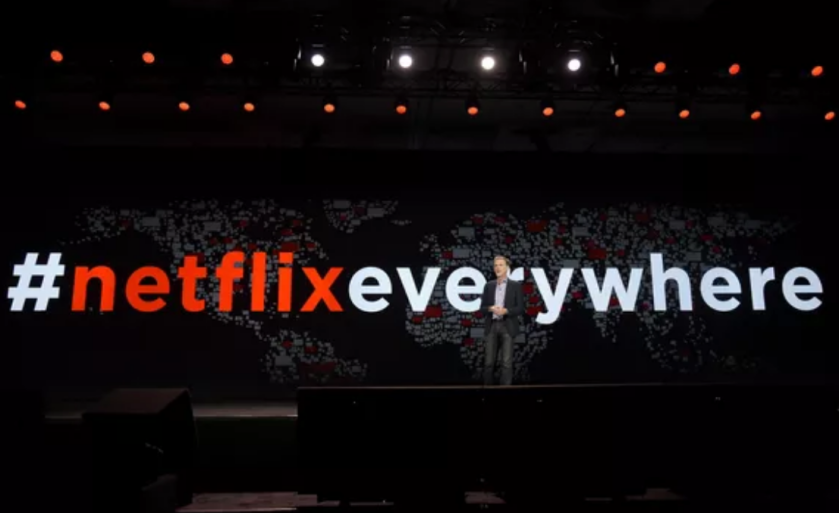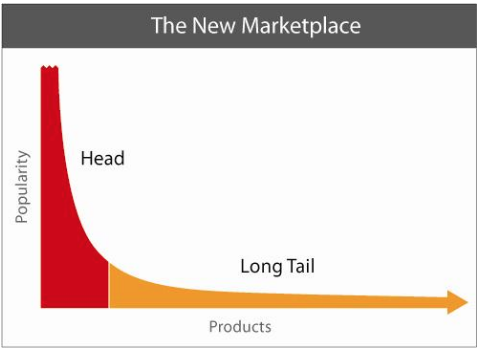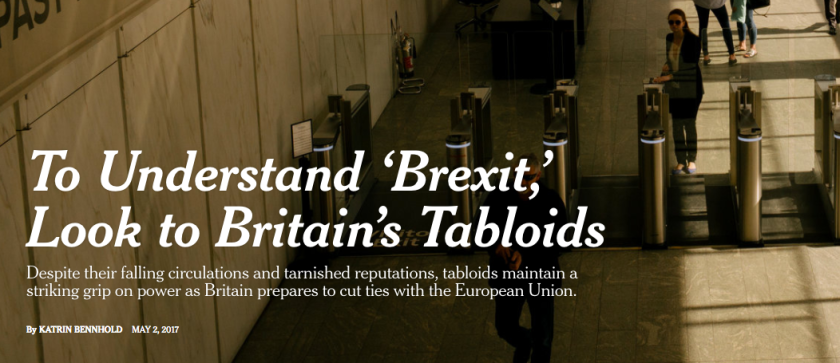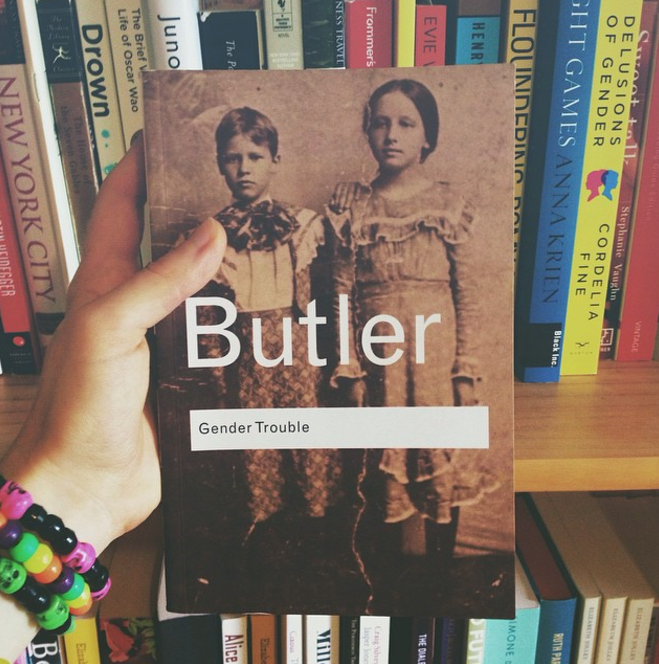In The Guardian yesterday, Sean Parker, one of the founders of Facebook, has said that they knew they were creating something which could explore the “…vulnerability in human psychology”, when they were constructing how to make Facebook more appealing.
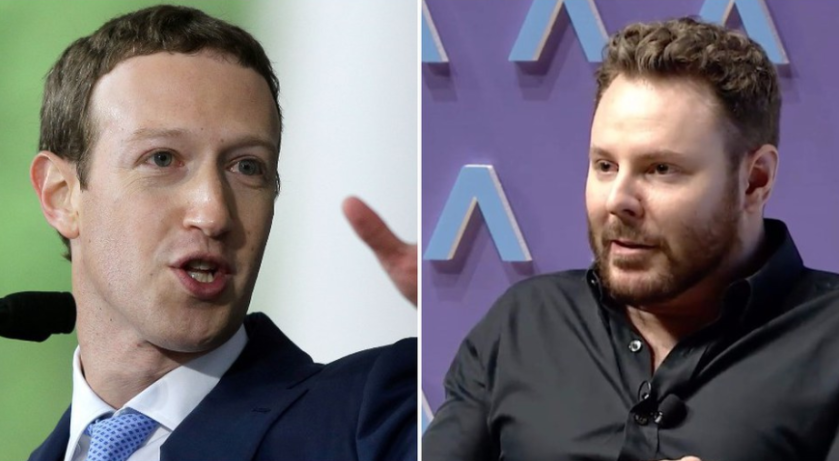
Parker goes on to say how they exploited customers by using a ‘dopamine effect’. According to Science News for Students:
Dopamine also helps with reinforcement — motivating an animal to do something again and again. Dopamine is what prompts a lab animal, for instance, to repeatedly press a lever to get tasty pellets of food. And it’s part of why humans seek out another slice of pizza. Reward and reinforcement help us learn where to find important things such as food or water, so that we can go back for more. Dopamine even affects moods. Things that are rewarding tend to make us feel pretty good.
And Psychology Today said in in 2012:
Of course, sad stories or trying moments are shared too, but the goal there is to get viewers to secrete oxytocin, the “love hormone,” and elicit their help. Feeling supported during times of crisis helps mitigate the pain caused by the release of cortisol, the stress hormone. Facebook fools our brain into believing that loved ones surround us, which historically was essential to our survival. The human brain, because it evolved thousands of years before photography, fails on many levels to recognize the difference between pictures and people.
The Guardian goes on to say:
He explained that when Facebook was being developed the objective was: “How do we consume as much of your time and conscious attention as possible?” It was this mindset that led to the creation of features such as the “like” button that would give users “a little dopamine hit” to encourage them to upload more content.
“It’s a social-validation feedback loop … exactly the kind of thing that a hacker like myself would come up with, because you’re exploiting a vulnerability in human psychology.”
But what does all this mean for media students? Consider Parker’s quote of, “How do we consume as much of your time and conscious attention as possible?” It’s clear that the primary function of Facebook is business facing but that shouldn’t be a surprise to us. It’s the strange place of ‘cognitive dissonance’ in which we find ourselves. We know Facebook and other social media companies are based on an economic model and that they have no real obligation to make our lives better yet we somehow choose to forget all that and jump head first into the abyss. There are many reports of how social media is harmful to our mental health and yet we keep scrolling by, keep double-tapping for love and retweeting that hilarious meme.
It’s almost as if social media is the new smoking. We know it’s bad for our health but we choose not to think about it. We choose instead to keep puffing away, willingly harming our self-esteem, attention span and understanding of the world around us. Got a light?


